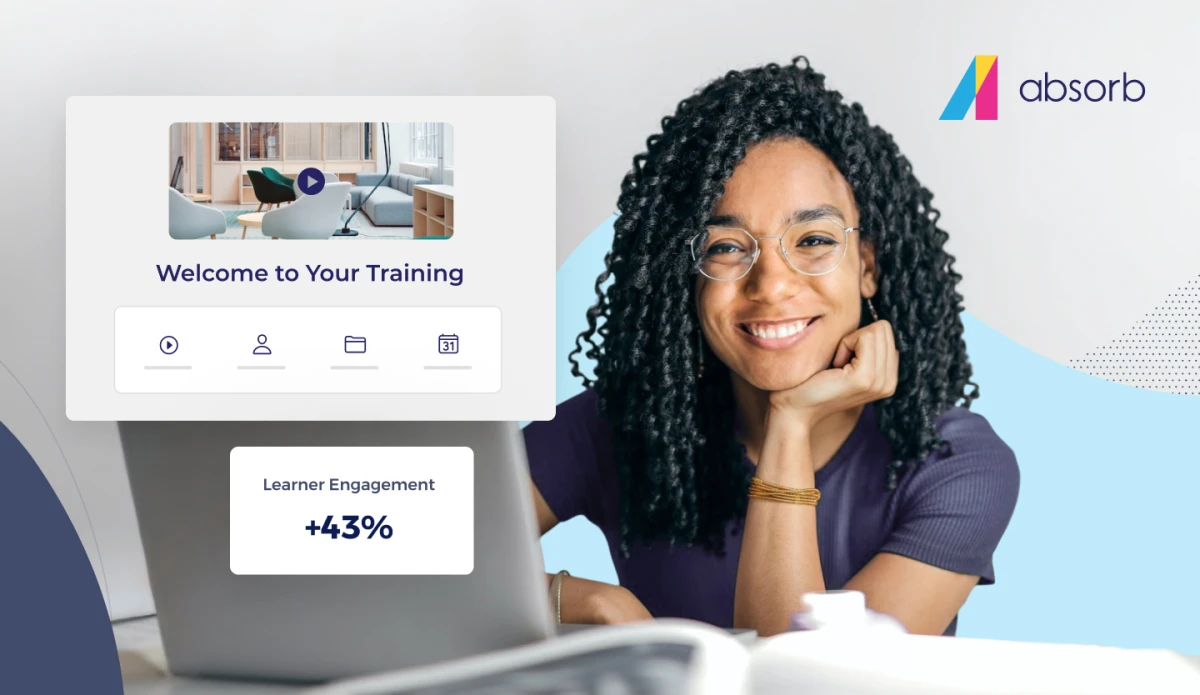Meeting the learning needs of employees in fast-paced environments requires a balance between traditional training and learning in the flow of work. In the digital age, people are used to finding learning resources as they need them. They seek options beyond formally scheduled training because digital learning resources are often more targeted and more readily available than one-size-fits-all training. In a culture that values organizational learning, savvy employees can make learning a daily routine so they build knowledge and skill over time.
Crafting an engaging learning environment
With powerful interactive learning management systems, employees can access a stream of resources and activities that feed ongoing development. Self-contained learning components can include videos, self-assessments, news items and more—all aimed at building the same knowledge base or skill. As employees dig into these materials, they're getting what they need when they need it and gaining the kind of ongoing reinforcement that helps them retain what they've learned. Organizations can promote daily learning by curating the most relevant and impactful activities and resources. From there, the organization can make those activities and resources accessible through the LMS and share them with employees in inviting ways. Using LMS strategies and tools, leaders are able to build a culture where learning is expected, shared and relevant.
Advantages of an LMS dashboard
From an employee point of view, learning options can be accessed through a dynamic immersive dashboard that gives them a comprehensive view of their learning opportunities and progress. In layout and function, these tools borrow UI design strategies from successful multimedia sites, elevating announcements and personalized suggestions so they get noticed and prompt engagement. The feed can be set up to offer new material as soon as it's available and empower learners to self-select relevant content at the moment of need in formats they like best. Targeting content to individual learning interests helps employees remain current in the areas important to them. For example:
- A manager can regularly access content related to supervisory skills.
- A salesperson can continuously learn about market trends.
- An employee can hone presentation skills over time.
- A new hire can access advanced eLearning modules to complete job training.
From a manager's view, an interactive dashboard offers an opportunity to promote specific training and to facilitate organizational learning. Recommendations for learning can be sent at the individual, role or team levels to introduce ideas in a timely way or set the group up for discussion and application. Highlighting digital learning strategies for ongoing development in an interactive LMS communicates to employees that learning is a continuous commitment integrated with day-to-day work. Along with developmental interactions with management and department leaders, they help to solidify a culture of perpetual learning in an organization and ensure that employees have the skills they need to effectively fulfill their roles and deliver solid results.





